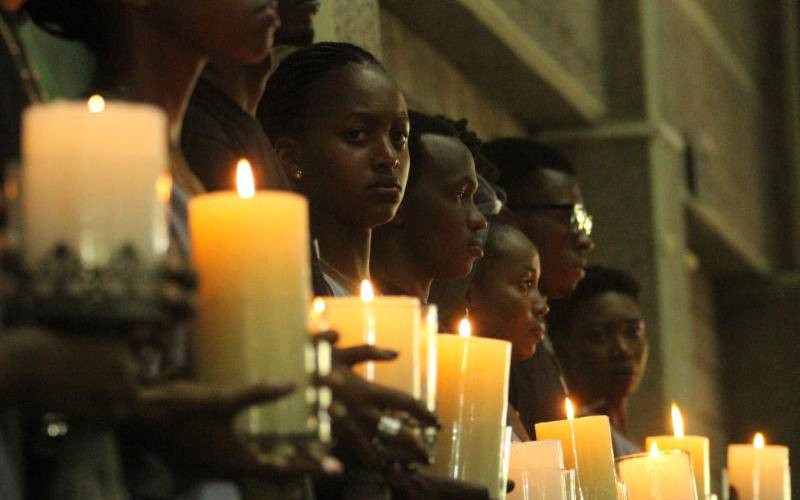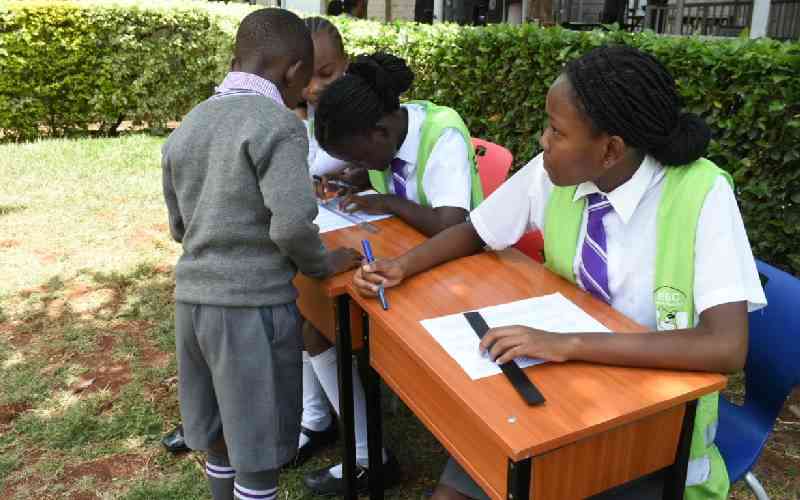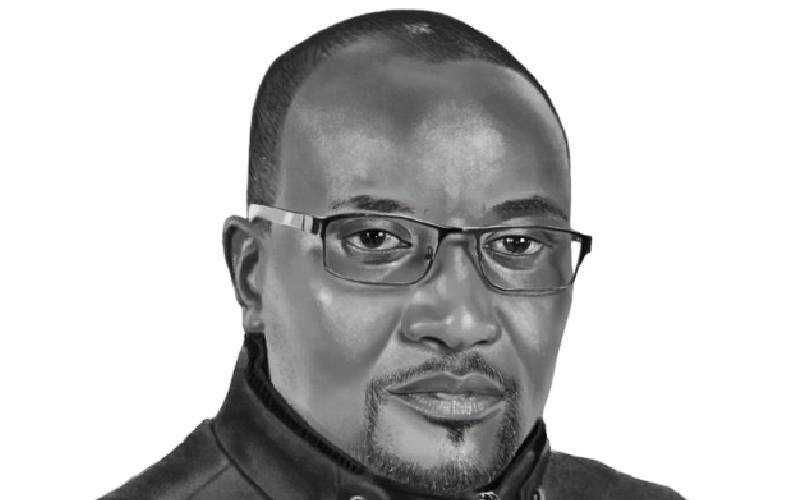We live in the Age of Ethnic Hate. Whether you define ethnicity as tribe, race, culture or religion, local and international communities seem only too eager to embrace dangerous neo-nationalism, riding on the wheels of destructive ethnic narrow-mindedness.
The recent election of Donald John Trump in the United States is only the dubious jewel in the crown of ethnic xenophobia as the seal of the 21st century. It is difficult to tell where this will end. It looks though that things could get worse before they get better – everywhere. Being alive looks increasingly dangerous. Yet, the only option is to die. If you don’t die, you must continue to live dangerously.
It is the huge paradox of our times that we live in the great age of science and technology and yet we only move closer to the prehistoric instincts of the jungle. We only go back to Methuselah, as George Bernard Shaw said in 1921. Dr Martin Luther King Jr never got tired of reflecting on this paradox. “Man, through his scientific genius has been able to dwarf distance and place time in chains,” he often said. Yet advancement in science and technology has not made the world a safer place to live in. “There is something fundamentally wrong with our world,” Dr King concluded.
But what could be the matter? Is it that we don’t know enough? It cannot be. We live in the age of knowledge. The full knowledge in the world has been telescoped into microchips that we carry around in our pockets, even in the remotest villages of Africa and Asia.
James Hadley Chase said it too soon when one of his characters in a 1961 novel boasted that with a few hundred thousand dollars, he would have the world in his pocket. Now we truly walk around with the entire universe in our pockets. To quote Dr King again, “Man’s scientific genius has been amazing.” But has this knowledge made us more humane?
The age of science and technology is an era in which people bay for blood – human blood. Political leaders prance around, spoiling for a good fight with someone – indeed anyone. It would seem that the more sophisticated our technology is, the more aggressive and warlike we become. And our warlike attitudes define themselves around hate for those outside our religious, linguistic, racial and cultural circles.
President Trump, therefore, signs with an impatient trembling pen the order to bar ethnic outsiders from his country. You are in multiple jeopardies if you should be Arab, Islamic, African and female. For, you are a complete package of the quartet that is the target of America’s neo-nationalist animosity.
But this is not an American aberration. It is everywhere. Amy Chua went ahead of herself when in 2002 she proclaimed in a remarkable book, titled World on Fire: How Exporting Free Market Democracy Breeds Ethnic Hatred and Global Insecurity. Chua’s book focuses on the world after the Cold War (1945 – 1990). This page-turner is a beautiful capsule of the political economy of ethnic competition in societies that claim to be democratic while exploiting ethnic identities for economic dominance and exclusion.
Chua’s book is a useful eye opener to understanding the ethnic hate that rules the world – from Nairobi through Addis Ababa, to Washington and from Manila to Tel Aviv. Chua scans the global landscape with a fine tooth comb, to give you vivid snapshots of ethnic market-dominant minorities whose style sparks and drives dangerous resentment.
In The Philippines, Chinese Philippinos constitute a paltry one percent of the population. Conversely, they control 60 per cent of the economy. In Indonesia, Chinese Indonesians make up three percent of the population. Yet they control 70 per cent of the economy. The outcome in both cases is ethnic based resentment against the dominant people.
Similar patterns exist elsewhere in South East Asia and indeed in the rest of the world. As you would expect, Kenya is significantly featured as an ethnic tinderbox. Political competitions that pit elite populations across ethnic communities against each other make for lethal fuel, doused on the tinderbox.
And these people are capable of beguiling ignorant tribesmen to believe that they are shareholders in the illusionary ethnic crown of glory. If the groundlings must lay down their lives for political power as an ethnic trophy, they will do so with eagerness.
Amy Chua has suggested that democracy-related ethnic tensions, animosities and violence are the preserve of poor countries still taking basic lessons in democracy. Democracy and capitalism are exported to dangerous third world societies where they create self-destructive dominant ethnic-based capitalist classes.
These classes remain economically powerful but socially and politically resented ethnic-based minorities. It now turns out that such things don’t happen only in the poor nations of the world. They happen everywhere – in America, France, The Netherlands, Russia, everywhere. Xenophobia is the name of the game in town.
More than ever before, the world is truly on fire. President Trump does not pretend to be a good man. Nor does he seem to care for anybody’s approval, outside his core Republican constituents. This marks him out from the rest. For the rest pretend to be good. They employ subtle tricks to do the same things President Trump does.
Stay informed. Subscribe to our newsletter
Africa preponderates with crackpot dictators and sundry village tyrants. They begin by lording it over their own ethnic populations before moving out to try to intimidate and subdue the rest of their populations. In this day and age when everyone walks about with the world in his pocket, these crackpot antics only generate resentment – unfortunately against the man in power and his docile ethnic followers. And so the world is on fire.
Fareed Zakaria has argued the case for a liberal education to correct what science and technology cannot. We need an education which, in Dr King’s words, “ . . . will have to look into the hearts and souls of men.”
 The Standard Group Plc is a
multi-media organization with investments in media platforms spanning newspaper
print operations, television, radio broadcasting, digital and online services. The
Standard Group is recognized as a leading multi-media house in Kenya with a key
influence in matters of national and international interest.
The Standard Group Plc is a
multi-media organization with investments in media platforms spanning newspaper
print operations, television, radio broadcasting, digital and online services. The
Standard Group is recognized as a leading multi-media house in Kenya with a key
influence in matters of national and international interest.
 The Standard Group Plc is a
multi-media organization with investments in media platforms spanning newspaper
print operations, television, radio broadcasting, digital and online services. The
Standard Group is recognized as a leading multi-media house in Kenya with a key
influence in matters of national and international interest.
The Standard Group Plc is a
multi-media organization with investments in media platforms spanning newspaper
print operations, television, radio broadcasting, digital and online services. The
Standard Group is recognized as a leading multi-media house in Kenya with a key
influence in matters of national and international interest.








